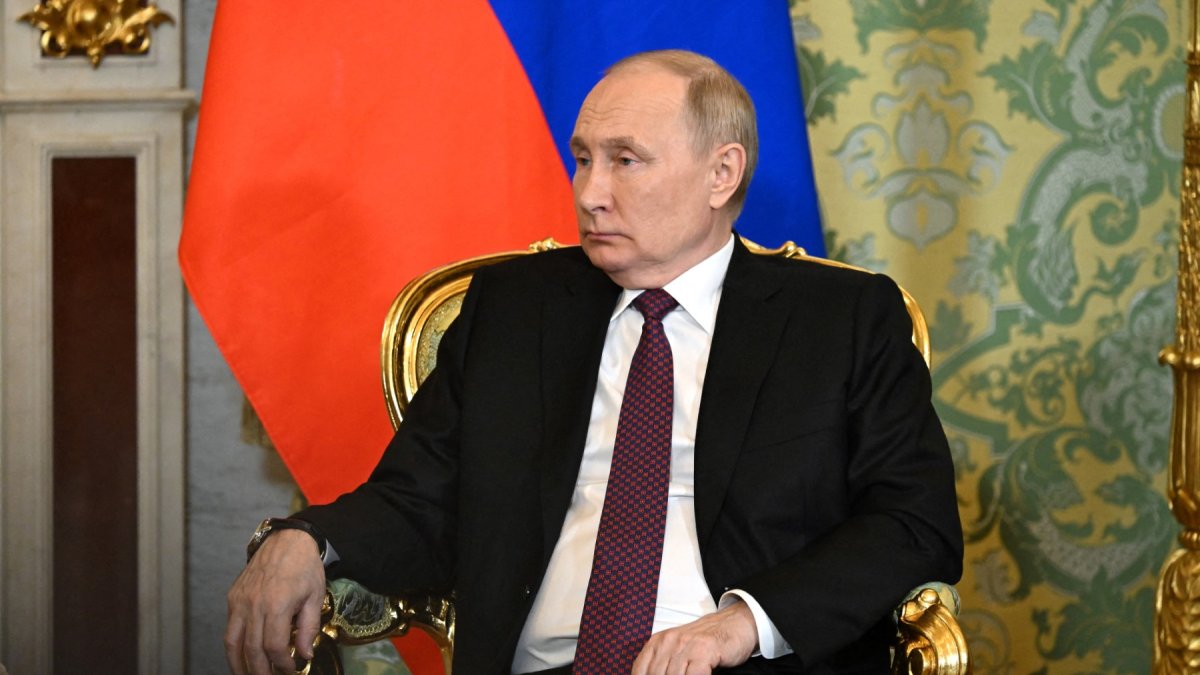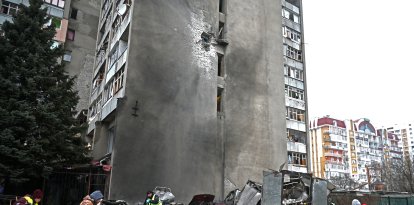Russia plans to send advanced missiles to the Houthis, mediated by Iran
Members of the Yemeni terrorist group and Russian officials have held meetings in Tehran to coordinate the delivery of the weaponry in order to carry out attacks with greater precision in the Red Sea.

Russian President Vladimir Putin
Iran has brokered secret talks between Russia and the Houthis, the Tehran-backed terrorist group in Yemen, with the aim of getting Moscow to send advanced anti-ship missiles to the Yemeni radicals, Reuters reported on Wednesday.
According to several sources consulted by Reuters, Moscow has not yet decided whether to send the P-800 Onyx missiles, which have a range of around 200 miles and would allow the Houthis to attack commercial ships in the Red Sea with greater precision, posing a greater threat to the United States and Europe.
Reuters noted that two of its sources indicated that the Houthis met with Russian officials at least twice this year in Tehran, where they discussed the delivery of the missiles. The report added that the talks are continuing. In fact, it is estimated that there will be more meetings in the Iranian capital in the coming weeks.
In addition, one of the sources said that the talks began during the presidency of Ebrahim Raisi, the Iranian leader who died in a helicopter accident in May of this year.
A Western intelligence source confirmed that Russia is negotiating with the Houthis to send hypersonic anti-ship missiles. The source added that while the Iranians are acting as mediators, they do not want "their signature over it."
Russian President Vladimir Putin warned in June this year that his country could send advanced long-range weapons, similar to those delivered to Ukraine by the U.S. and its allies, to the West's adversaries around the world.
The ongoing Houthi attacks in the Red Sea
Since the beginning of the war between Israel and Hamas and other terrorist groups in Gaza following the Oct. 7 massacre, the Houthis have attacked a large number of vessels with missiles and drones in the Red Sea, posing a danger not only to crew members, but also to international trade and the environment.
While Euro News reported last August that since the start of the Gaza war, the Houthis had carried out more than 80 attacks, the terrorist group's leader, Abdul-Malik al Houthi, claimed that 182 vessels had been attacked by the radical Islamist organization.

























